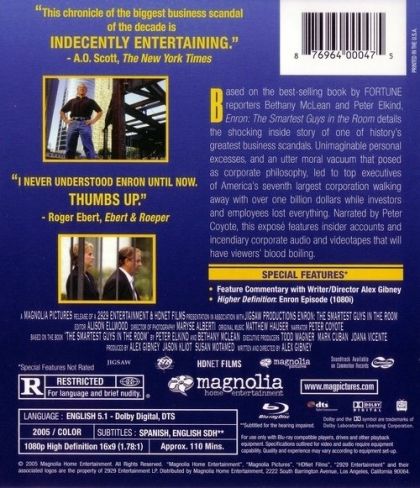A documentary about the Enron corporation, its faulty and corrupt business practices, and how they led to its fall.
Enron dives from the seventh largest US company to bankruptcy in less than a year in this tale told chronologically. The emphasis is on human drama, from suicide to 20,000 people sacked: the personalities of Ken Lay (with Falwellesque rectitude), Jeff Skilling (he of big ideas), Lou Pai (gone with $250 M), and Andy Fastow (the dark prince) dominate. Along the way, we watch Enron game California's deregulated electricity market, get a free pass from Arthur Andersen (which okays the dubious mark-to-market accounting), use greed to manipulate banks and brokerages (Merrill Lynch fires the analyst who questions Enron's rise), and hear from both Presidents Bush what great guys these are.
—
The fortunes of Houston-based Enron Corporation, which went from having $65 billion in assets to going bankrupt in less than a month, are chronicled. The stories generally focus on the people who built what was a house of cards called Enron, knowing what they were doing was mostly smoke and mirrors, often illegal, and often at the expense of the working class, but still proceeded out of pride, arrogance and/or greed. The film focuses primarily on the two at the top who were responsible for setting the corporate culture for all those under them: Chair and CEO Kenneth Lay and COO Jeff Skilling. While many of the top executive were able to liquidate the majority of their shares from the company before the plunge, the general investor and the employees, who sunk much if not all of their 401s into the company, were the ones who ultimately got burned, let alone those, such as California utility users and payers, who were negatively affected along the way. The film also details others who were complicit to the goings-on at Enron, such as the banks and Enron's auditor, Arthur Andersen, for whatever multitude of possible reasons from greed to ignorance to not wanting to cross the all powerful Enron. While the outcomes for such major players within Enron as Cliff Baxter, Andrew Fastow and Lou L. Pai are known, the legal fates of Lay and Skilling are still in front of the courts at the time of the production of this film.
—Huggo
The story of Enron, the energy company, and its rise and inglorious fall. We see its origins in the 1980s, how it was set up with energy deregulation in mind, and how it profited off the deregulation. We see how it took accounting practices to the extremes, to the point that the senior executives were cooking the books. There is also coverage of the unethical practices of Enron' traders, particularly in the California electricity market. In the end it all comes crashing down, losing everyday, law-abiding employees their jobs, savings and pensions.
—grantss
In 2001, the world's sixth largest corporation filed for bankruptcy, resulting in huge job losses and the scandal of a large number of citizens losing their life savings. Responsibility for this turn of events was wide ranging, though it centered around the company's chief operators. Directed by Alex Gibney (Going Clear: Scientology and the Prison of Belief, Finding Fela) and narrated by Peter Coyote.
SYNOPSIS
Based on the best-selling book of the same name by Fortune reporters Bethany McLean and Peter Elkind, a multidimensional study of one of the biggest business scandals in American history. The chronicle takes a look at one of the greatest corporate disasters in history, in which top executives from the 7th largest company in the USA walked away with over one billion dollars, leaving investors and employees with nothing. The film features insider accounts and rare corporate audio and video tapes that reveal colossal personal excesses of the Enron hierarchy and the utter moral vacuum that posed as corporate philosophy. The human drama that unfolds within Enron's walls resembles a Greek tragedy and produces a domino effect that could shape the face of our economy and ethical code for years to come.




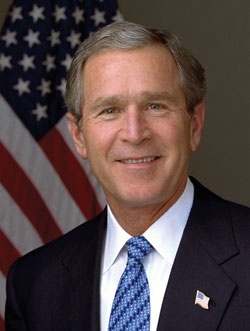

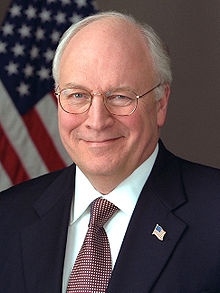
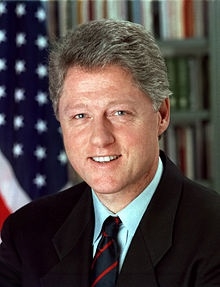

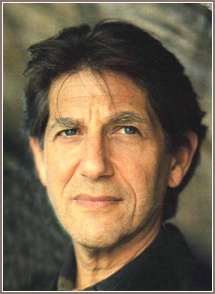










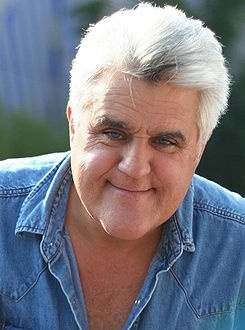








 English
English  Nederlands
Nederlands  Deutsch
Deutsch  Français
Français  Español
Español  Magyar
Magyar  српски
српски  Dansk
Dansk  Italiano
Italiano  Svenska
Svenska  Slovenčina
Slovenčina  Português
Português 

